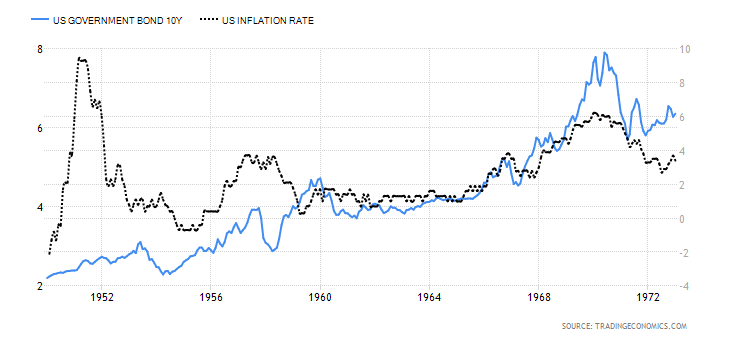This post is taken from Mises, The Theory of Money and Credit (1934), chapter 4 Money and the State (PDF, HTML). Follow this link for the series.
The Position of the State in the Market
The position of the state in the market differs in no way from that of any other parties to commercial transactions. Like these others, the state exchanges commodities and money on terms which are governed by the laws of price. It exercises its sovereign rights over its subjects to levy compulsory contributions from them; but in all other respects it adapts itself like everybody else to the commercial organization of society. As a buyer or seller the state has to conform to the conditions of the market. If it wishes to alter any of the exchange ratios established in the market, it can only do this through the market’s own mechanism. As a rule it will be able to act more effectively than anyone else, thanks to the resources at its command outside the market. It is responsible for the most pronounced disturbances of the market because it is able to exercise the strongest influence on demand and supply. But it is nonetheless subject to the rules of the market and cannot set aside the laws of the pricing process. In an economic system based on private ownership of the means of production, no government regulation can alter the terms of exchange except by altering the factors that determine them.
Kings and republics have repeatedly refused to recognize this. Diocletian’s edict de pretiis rerum venalium, the price regulations of the Middle Ages, and the maximum prices of the French Revolution are the most well-known examples of the failure of authoritative interference with the market. These attempts at intervention were not frustrated by the fact that they were valid only within the state boundaries and ignored elsewhere. It is a mistake to imagine that similar regulations would have led to the desired result even in an isolated state. It was the functional, not the geographical, limitations of the government that rendered them abortive. They could have achieved their aim only in a socialistic state with a centralized organization of production and distribution. In a state that leaves production and distribution to individual enterprise, such measures must necessarily fail of their effect.
The concept of money as a creature of law and the state is clearly untenable. It is not justified by a single phenomenon of the market. To ascribe to the state the power of dictating the laws of exchange, is to ignore the fundamental principles of money-using society.
Further Reading
Please see our literature for a range of further reading.





For an extension on this seminal chapter from Mises, a good place to go next is ‘Power and Market’ by Murray Rothbard. This book is now usually tacked onto the back of ‘Man, Economy, and State’, which also has an amazing final chapter which forms the prelude to ‘Power and Market’
The interesting chapters in both books, with regard to the position of the state in the market, are these:
CHAPTER 12-THE ECONOMICS OF VIOLENT INTERVENTION IN THE MARKET (ME&S)
http://mises.org/rothbard/mes/chap12a.asp
CHAPTER 2-FUNDAMENTALS OF INTERVENTION (P&M)
http://mises.org/rothbard/mes/chap14.asp
CHAPTER 3-TRIANGULAR INTERVENTION
http://mises.org/rothbard/mes/chap15a.asp
CHAPTER 4-BINARY INTERVENTION: TAXATION
http://mises.org/rothbard/mes/chap16a.asp
CHAPTER 5-BINARY INTERVENTION: GOVERNMENT EXPENDITURES
http://mises.org/rothbard/mes/chap17a.asp